The giant Maine Coon cat is a beloved breed renowned for its impressive size, friendly nature, and striking appearance. As one of the largest domestic cat breeds, they have gained popularity for their affectionate temperament and majestic look. However, how do they compare to other cat breeds in size, behavior, care requirements, and overall appeal? In this article, we explore these comparisons to help you determine whether the Maine Coon is the right choice for you.
Size and Physical Characteristics
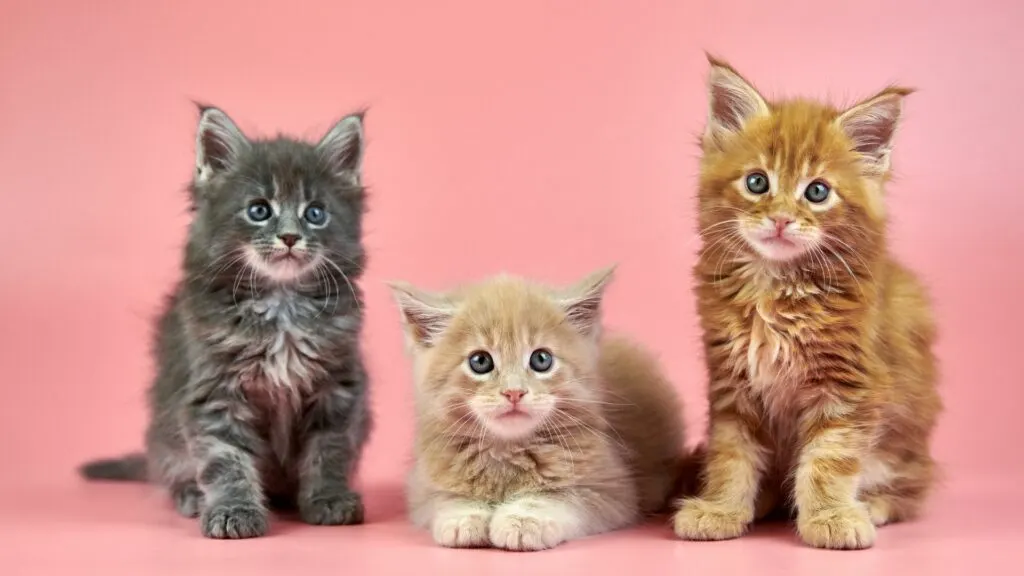
Giant Maine Coon Cat’s Impressive Size
The giant Maine Coon cat stands out from other breeds primarily because of its enormous size. Males can weigh between 13 to 18 pounds, some exceeding 20 pounds, while females are typically smaller, ranging from 8 to 12 pounds. These cats are heavy but long and muscular, with some measuring over 40 inches from nose to tail.
In contrast, many popular breeds are significantly smaller. Siamese cats, known for their sleek, slender bodies, weigh between 8 to 12 pounds, while Persian cats, though stockier, usually weigh between 7 to 12 pounds. Even the athletic Bengal cat, with its muscular build, is lighter, averaging 8 to 15 pounds. The sheer size of a giant Maine Coon cat gives it a commanding presence that other breeds simply don’t possess.
Distinctive Physical Features of Maine Coon Cats
The giant Maine Coon cat’s physical appearance is just as distinctive as its size. They are known for their long, bushy tails, tufted ears, and thick, water-resistant coats. These features, especially their dense fur, are well-suited for cold climates and give the Maine Coon a rugged, almost wild look.
Other breeds have their own unique physical traits. Persian cats are recognized for their flat faces and large, expressive eyes. Siamese cats, with their sleek coats and pointed features, have a more delicate, refined look, while Bengals are famous for their spotted, leopard-like fur. Each breed has its beauty, but the Maine Coon’s majestic, wild appearance is unmatched.
Temperament and Behavior
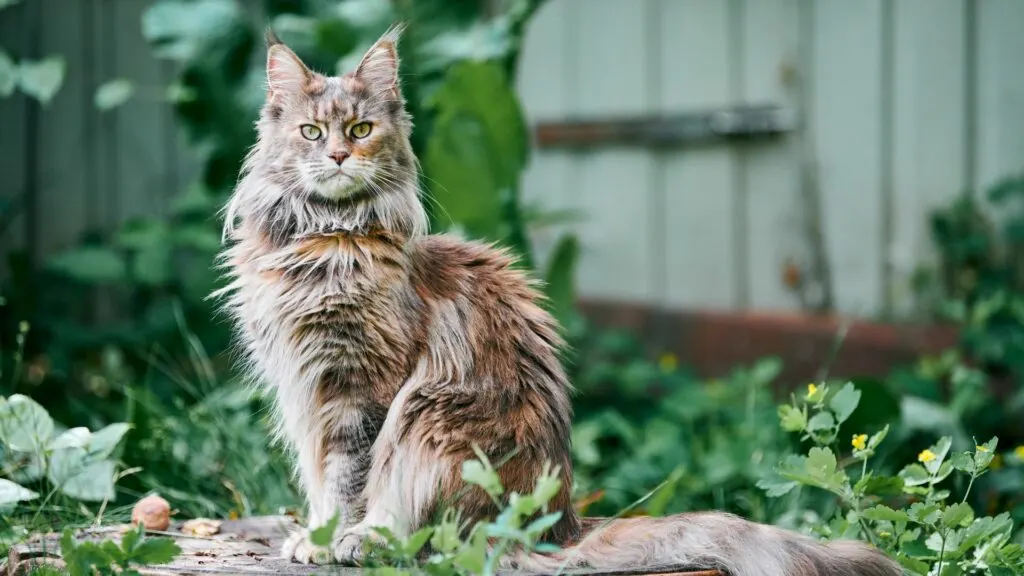
The Friendly and Sociable Nature of Giant Maine Coons
Maine Coons are known for their affectionate, friendly nature. They are often referred to as “gentle giants” because of their calm demeanor despite their large size. Maine Coons enjoy being around people and are great with children and other pets. They tend to follow their owners around the house and are known for being curious and playful without overly demanding attention.
Their balanced temperament makes them ideal family pets. They are social but not overly clingy. They communicate using soft chirps and trills, making them far less vocal than breeds like the Siamese, known for their loud, frequent meowing.
Temperament Differences in Other Breeds
While Maine Coons are known for their easy-going nature, other breeds have very different temperaments. Siamese cats are highly vocal and attention-seeking. They form strong bonds with their owners and are not shy about making their presence known. Persian cats are more laid-back and less interactive on the opposite end of the spectrum. They prefer quiet, relaxed environments and are content to spend much of their time lounging.
On the other hand, Bengals are energetic and require a lot of mental and physical stimulation. Their intelligence and need for activity make them more demanding regarding engagement. Each breed offers a different personality, but the Maine Coon’s balance of sociability and independence makes it stand out for families and individuals looking for an affectionate yet low-maintenance companion.
Maine Coon’s Dog-Like Behavior
One of the most appealing traits of the giant Maine Coon cat is its dog-like behavior. Many Maine Coon owners report that their cats enjoy fetching, walking on leashes, and following commands, behaviors more typically associated with dogs. Their intelligence and willingness to engage with their human companions make them easy to train, a quality that is not as common in other cat breeds.
While Persian and Siamese cats may show affection differently, they are generally less inclined to engage in interactive, dog-like behaviors. At the same time, active and intelligent, Bengal cats tend to exhibit a more independent streak.
Care and Maintenance Requirements
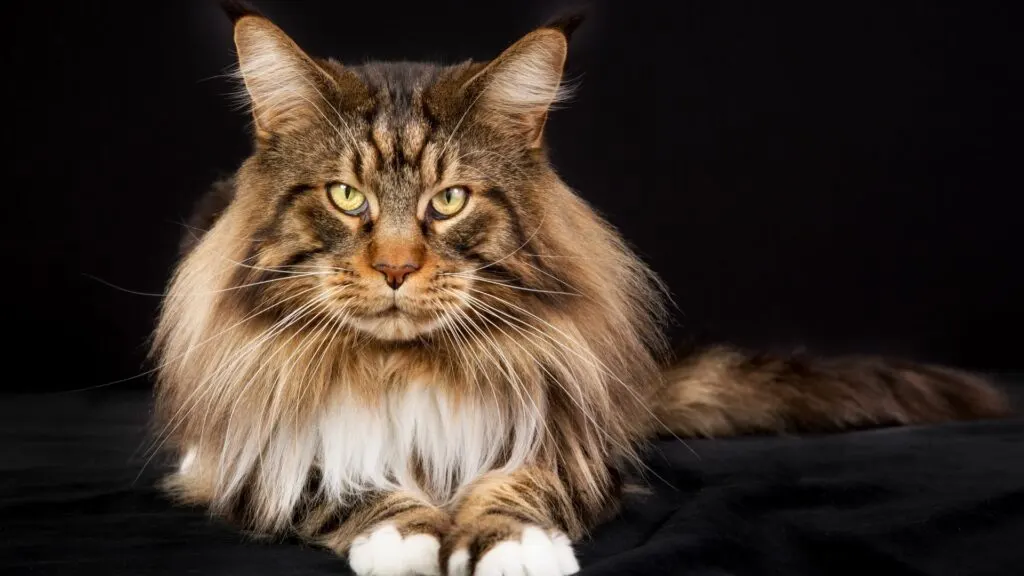
Grooming Needs of Giant Maine Coon Cats
Maine Coons have long, dense fur that requires regular grooming. Brushing two to three times weekly is essential to keep their coats healthy and tang-free. This grooming routine is particularly important during shedding seasons, as Maine Coons can shed a considerable amount of fur.
Their grooming needs are similar to Persian cats, which also have long, thick coats that require daily attention to prevent matting. However, short-haired Maine Coon cat breeds, like some hybrid varieties, may need slightly less frequent grooming. Other short-haired breeds like Siamese and Bengals also require far less grooming. A weekly brush to remove loose fur is typically sufficient for these breeds, making them a lower-maintenance option for those who prefer less frequent grooming tasks.
Grooming Needs of Other Breeds
Compared to the Maine Coon, Siamese cats are incredibly low-maintenance. Their short, sleek coats require minimal grooming, making them ideal for owners who prefer a hands-off approach. Bengals, with their short, dense fur, also need little grooming. Persian cats, on the other hand, require even more maintenance than Maine Coons due to their fine, luxurious fur that is prone to matting.
Health Considerations
Like many purebred cats, Maine Coons are prone to certain genetic health conditions. The most common issues include hypertrophic cardiomyopathy (HCM), a heart condition, and hip dysplasia, which can occur due to their large size. Regular veterinary check-ups and proactive care can help manage these risks.
Other breeds also face health challenges. Persian cats are prone to respiratory problems due to their flat faces and often suffer from kidney issues. Siamese cats may experience dental and respiratory issues, while Bengals can be prone to progressive retinal atrophy (PRA), which can lead to vision problems.
How Much for a Maine Coon Cat? Understanding the Investment
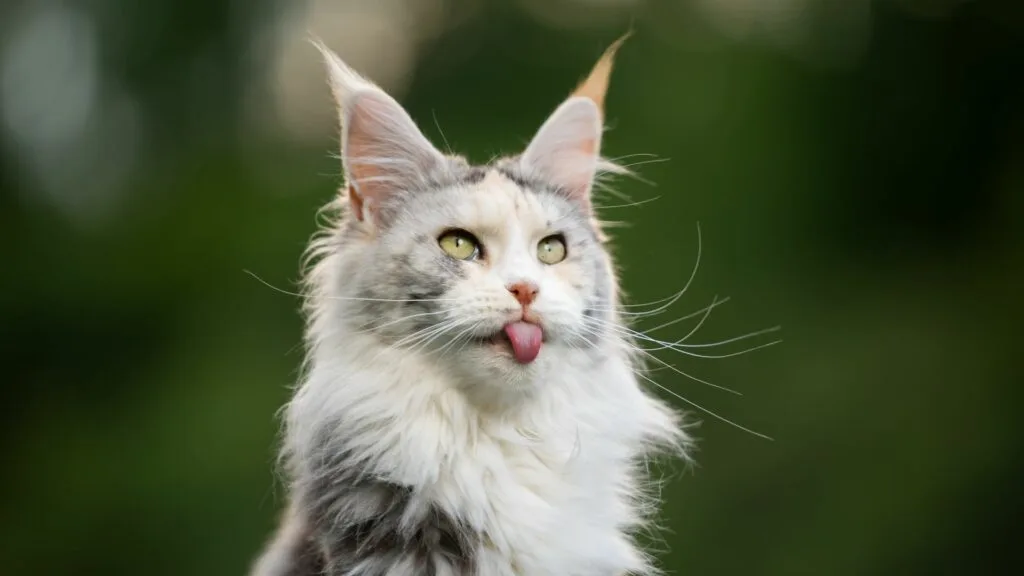
When considering adding a giant Maine Coon cat to your family, it’s important to understand the investment involved. Beyond the initial cost of acquiring a Maine Coon from a breeder, owners must be prepared for ongoing expenses related to their care, including high-quality food, grooming supplies, and potential veterinary costs.
The investment in a Maine Coon cat is higher than some other breeds, not only due to their size and care needs but also because of their long lifespan, which can range from 12 to 15 years or more. While the costs may be higher, many owners find that the joy and companionship provided by a Maine Coon are well worth the investment.
Giant Maine Coon Cat: How They Compare to Other Breeds | Size, Temperament & Care
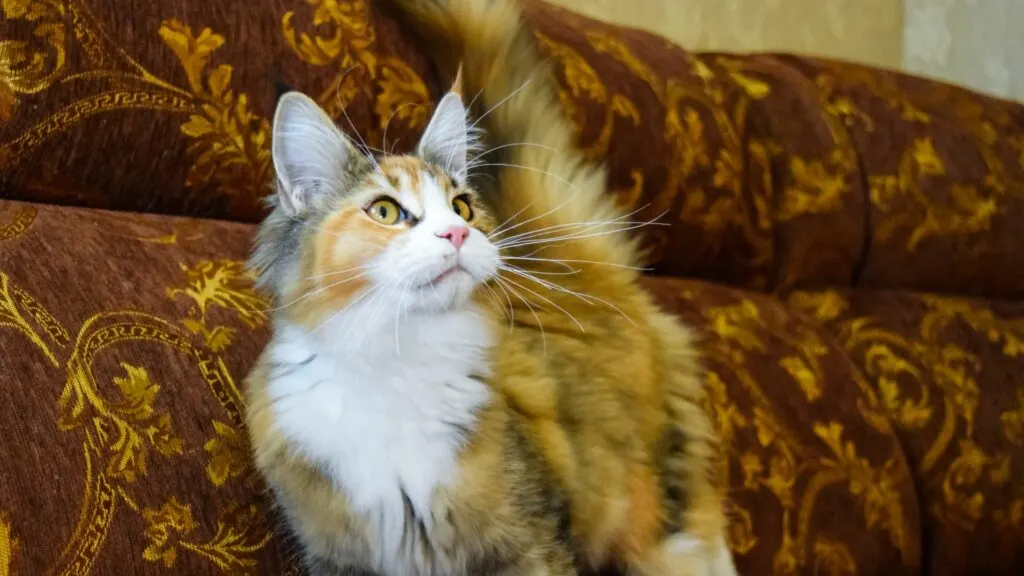
The giant Maine Coon cat is truly one of a kind, with its large size, striking appearance, and friendly, sociable personality. Its combination of dog-like loyalty and independent playfulness makes it a perfect companion for various households. Maine Coons are adaptable, intelligent, and relatively easy to care for, despite their grooming needs.

Jessi is the creative mind behind The Coffee Mom, a popular blog that combines parenting advice, travel tips, and a love for all things Disney. As a trusted Disney influencer and passionate storyteller, Jessi’s authentic insights and relatable content resonate with readers worldwide.
